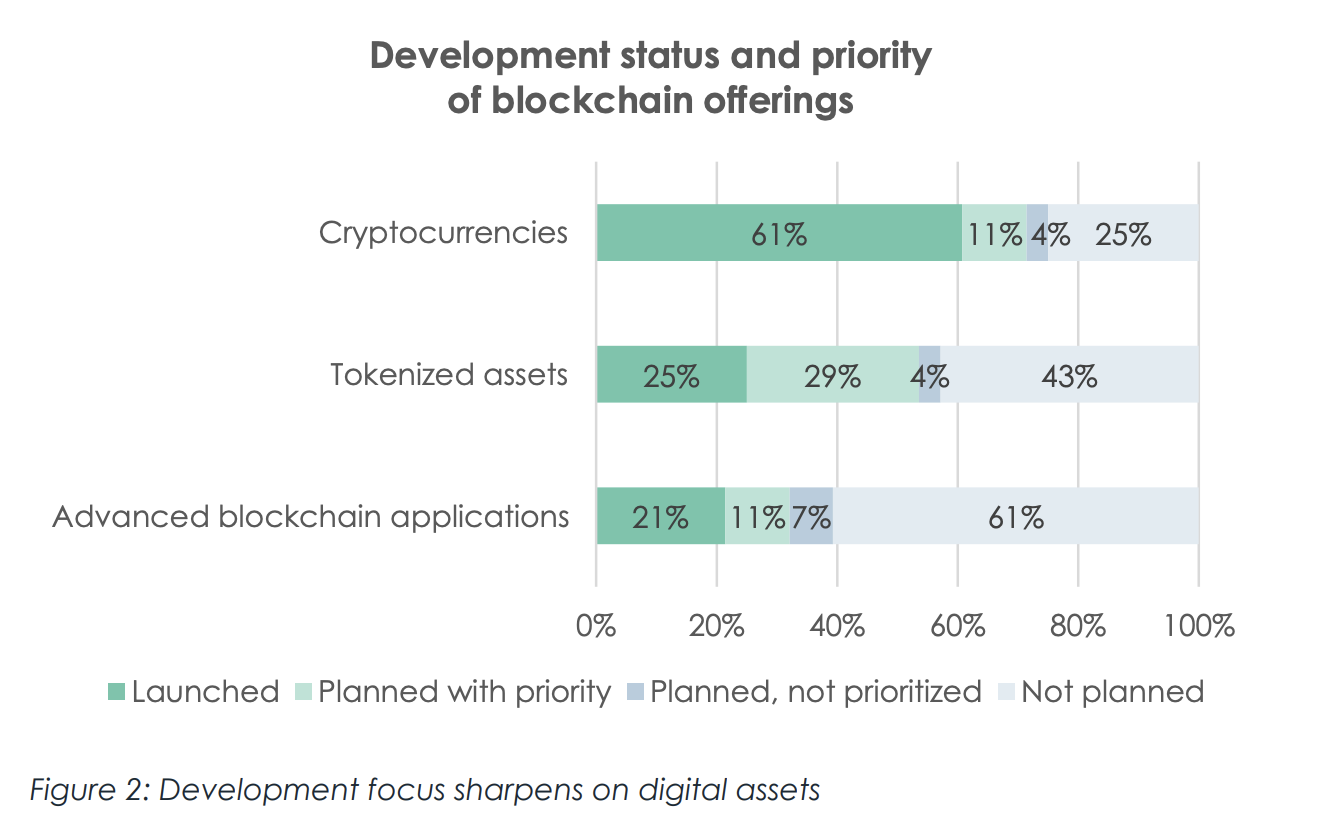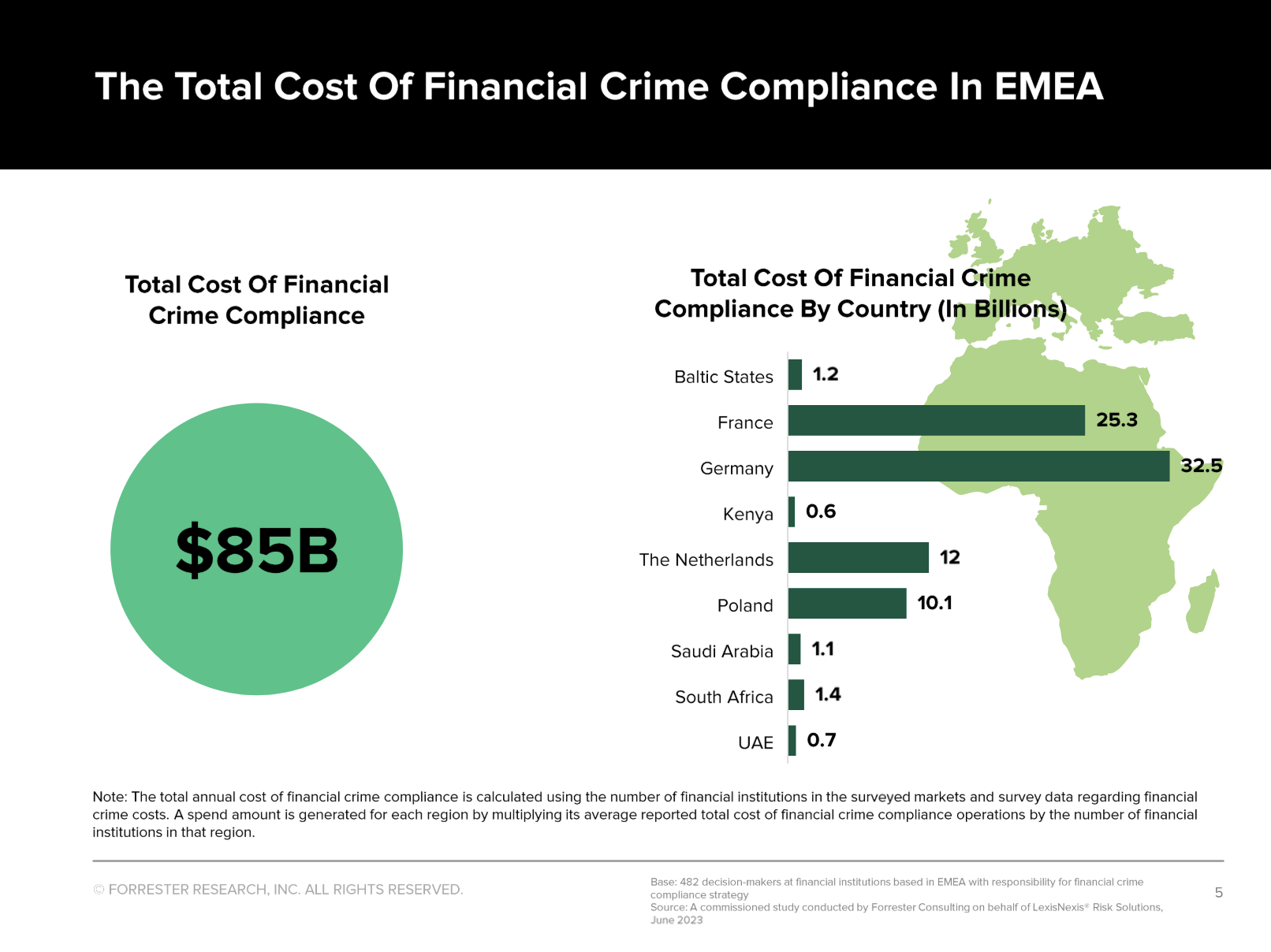Q (Tagesanzeiger): “What do you think about the bubble on the bond markets? There are bubbles like before the financial crisis.”
Jordan: “The world’s central banks try to convince investors to go into more risky assets with monetary transmission. That’s the way quantitative easing works.”
Q (Tagesanzeiger): “The danger of a new bubble and of a new bust of a bubble is big, that we obtain again another bust of a credit bubble.”
Jordan: “Taking the excessive credit development in the mortgage area in Switzerland. As for the rest of other types credits there is no boom. The prices of government bonds are record-high levels. These low interests is a global phenomenon due to the expansionary monetary policy of central banks. It might get a problem when quick interest changes are necessary. But in Switzerland we do not have such issues, it is just the development with mortgages.”
Q: “Anticyclical capital buffer: how is communication between SNB and government, how long does it take until it is activated?”
Jordan: “There is a certain percentage of capital that the banks are required to hold.”
Danthine: “There would be a delay of at least three months (after a decision is taken) and at most 9-12 months until the buffer would then enter into force, depending on how urgent the SNB thinks the situation is.”
Jordan: “This decision will be made at a later point.” [He also confirmed it would be a government decision rather than one from the SNB.]
Q: “You have invested a bit more into stocks. Data show that you are one of the main investors of Nokia. Is the current share of stocks may be already at a limit? How do you deal with the voting rights?”
Zurbrügg: “The 12% is historically normal, but with the 50 bn. francs our volume is bigger. Even when you replicate an index, due to the volumes you become big investors of certain companies. Therefore we are expanding our investment horizon, in order to avoid such things. We are passive investors, we do vote.”
Q (Blick): “When you say that you are able to maintain the floor against the euro, why do you diversity into different currencies. Doesn’t this give markets the impression to markets that you are unsure with your euro investments?”
Zurbrügg: “I do not think so; we hold about 50% euro positions. Furthermore we try to reduce the bulk risk diversifying into different other currencies.”
Jordan: “Till now nobody has had doubts that investments apart from the euro leads to a lack of credibility of the floor.”
Q (FAZ): “Is due to this huge amount of liquidity, investors are driven into more risky assets, especially like insurances and pension institutes?”
Jordan: “If you are required to obtain yields, then you are required to find the instruments that give these yields. This is the hope of policy makers that this gives a stimulation of global growth.”
Reuters: “As the central banker Marvin King said, ‘are we going to a currency war?’”
Jordan: “I do not think that we are in a currency war. Each central bank needs to follow its monetary targets. This has as result that many central banks have a very expansive policy.”
Q: “What is the impact of or a potential delay of Basel III for the big banks and the policy of the SNB?”
Danthine: “Moving towards Basel III standards is justified. Our big banks have to hold sufficient capital. If they met the requirements already by the end of next year, that would be a competitive advantage. We think that a potential delay will be small.”
Q (Bloomberg): “Would you think about holding Norwegian crowns?”
Zurbrügg: “We do not give this kind of information in advance. You will find it in our regular communications.”
Tags: Jordan,Monetary Policy,negative interest,Swiss National Bank,Switzerland,Thomas Jordan
































2 comments
netmex
2012-12-15 at 01:29 (UTC 2) Link to this comment
No question about GOLD??? The Germans are asking for inspection, the Austrians know now that most of their Gold is abroad, the Chinese buy like crazy… and no question about Gold? Gimme a break!!
DorganG
2012-12-15 at 05:41 (UTC 2) Link to this comment
The Swiss press is trained not to ask questions that could put the SNB too much under pressure.The gold question has two aspects. As you say, where is it? However, this is probably too long for this meeting.
The second one, however, is more interesting: For years the SNB did not increase its gold reserves as much as fiat money, in the last quarter it switched to USD. Given that gold is strongly correlated to the franc https://snbchf.com/2012/12/arbitrage-trading-after-negative-cs-ubs-interest-rates/, why do they not buy so less gold, but rather dying currencies like the USD ?
Gold would be exactly the hedge against FX losses they are looking for.